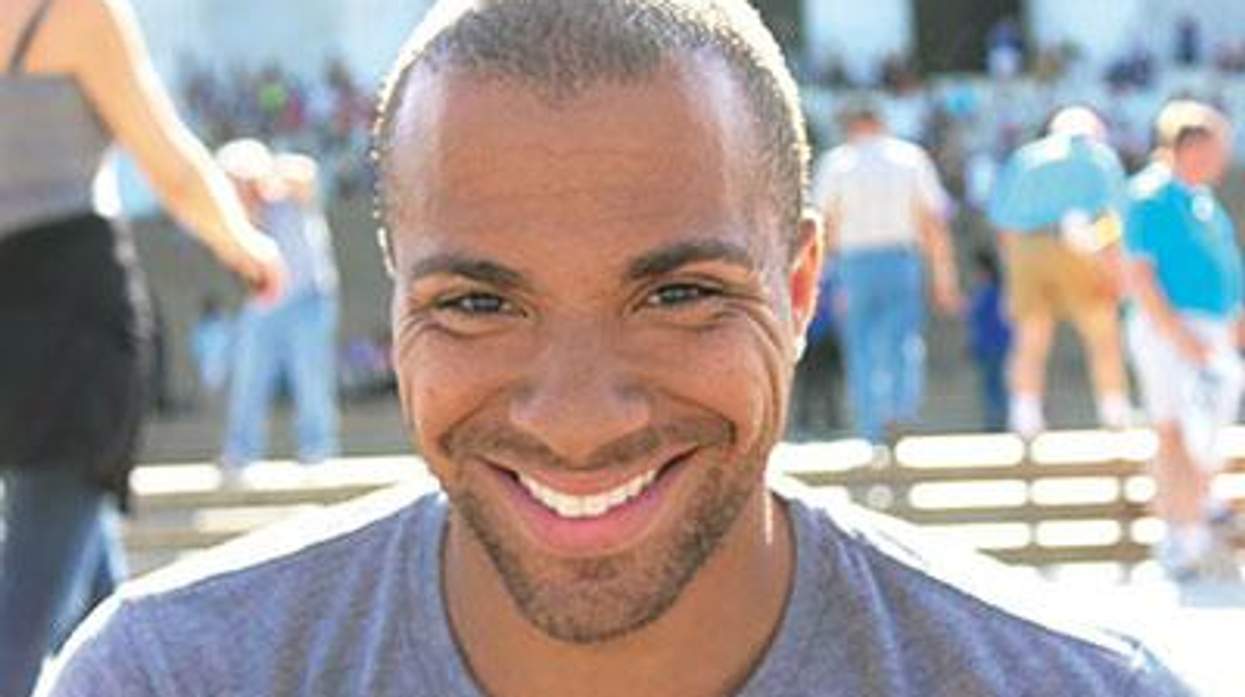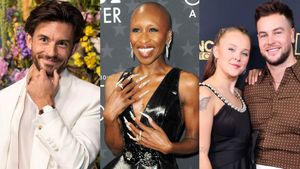I was at training event recently discussing tactics for reducing HIV transmission when someone made a statement that frustrated but didn't surprise me. This person declared that young people need to use protection, because if they do not, they will contract HIV and then die of AIDS. Ignorant comments like these drive fear. And the age of fear needs to end.
Young gay and bisexual men are hit the hardest by HIV (those of color are even more burdened), yet we continue to deal with negative messages, a youth-less leadership within state, local, and federal health departments, and agencies that support programs that promote misinformation about the virus. Inciting fear in a person, especially one who is young, by making him believe that he will get HIV and be excluded from society or even face death, is definitely not the way to convince someone to change their behavior. Instead it becomes an obstacle to HIV education, testing, and linkage into care.
You would not believe how many people who have no high risk or no exposure to the virus are afraid to get a rapid HIV test because of the fear of knowing. Guilt has convinced them that they must be positive because they did not use a condom, did not stay abstinent, stepped out of a relationship, or hooked up with someone they met through a mobile application. They believe that HIV is the product of the mantra "For every action, there is an equal but opposite reaction."
We need a serious conversation about how one can reduce risky behaviors. A recent report from the Centers for Disease Control and Prevention shows that young gay and bisexual men are disproportionately affected by HIV-- between 2001 and 2011, the annual rate of seroconversion among this demographic increased by 132.5 percent. Therefore, it is essential that youth be present when strategic plans are made and implemented. Who better to read the pulse of a community?
Too many times, though, young people are told they don't have enough tenure, experience, knowledge, understanding, connections, or education to have a voice. Those allowed to be a part of strategies are often not listened to or go underutilized. Moreover, we as young people are social media masterminds, which make us ideal for conducting outreach to our peers.
Within our community, many youth lack knowledge, awareness, empowerment, preventive options, and comfort communicating concerns about risks. The facts do not lie, but there seems to be a serious lack of focus on truly implementing plans to combat HIV.
By contrast, the state of New York is taking the necessary steps by enacting a plan to fight the virus. The National HIV & AIDS Strategy issued by the White House gives comprehensive guidelines on what needs to be done for this to happen. However, there is still complacency among individuals and organizations in the United States to follow through in applying these tactics. Communities that feel the brunt of the HIV epidemic need to strategically plan a counter-offensive against HIV. And youth need to have a seat at the table.
In many places of power, there is still a dearth of young gay and bisexual men. Decisions that affect us are made without our voice. It is time to give young people who are affected by HIV the necessary mentorship, guidance, and opportunities to lead and have a voice in addressing HIV on local, state, and federal levels. A few organizations are leading the way in engaging young people on HIV in the LGBT community, including Advocates for Youth, the National Minority AIDS Council, and the Young Black Gay Men's Leadership Initiative. These groups give a variety of opportunities to gay and bisexual men, such as educational opportunities, scholarships, conferences, promotions on prevention tools like PrEP, and access to mentorship.
Like myself, there are many young people out there who continue to put in the time, effort, dedication, and resiliency to be on the ground doing prevention work, advocating to community partners, and lobbying local and state officials to continue to keep HIV a topic on the table. I have been blessed enough to continue to have opportunities and access to many of the options these agencies and programs deliver; however, many gay and bisexual young men do not. Therefore, it is important that we draw attention to the many agencies that do not provide opportunities to us to lead or be in the hierarchy of leadership, specifically when it comes to issues pertaining to our community. More of these opportunities need to be readily available for youth.
If you have experience and connections, then share the wealth with a young person by providing direction. If you run a government agency or AIDS service/community-based organization, then actively recruit, utilize, engage, and place youth in leadership positions, alongside much-needed mentoring. Young people are the future. Now is the perfect time to help groom us to lead and allow us to seriously have some stage time and show the world that we can shine.
PATRICK INGRAM is a health counselor and a founder of the popular blog ThePozLife.com.




































































Charlie Kirk DID say stoning gay people was the 'perfect law' — and these other heinous quotes